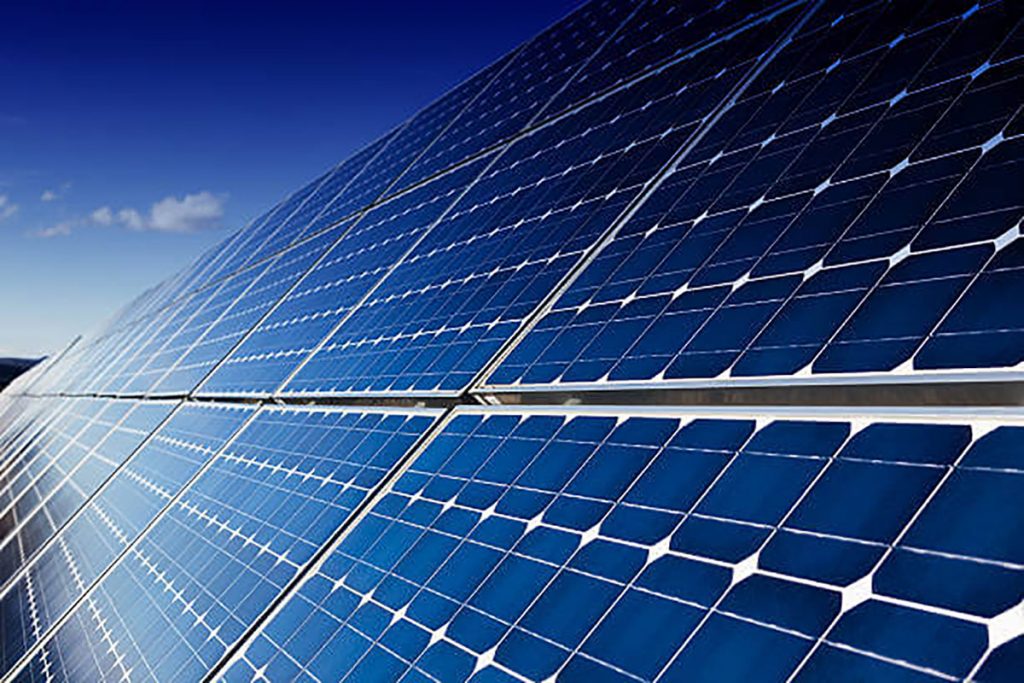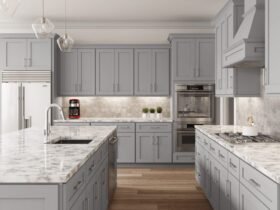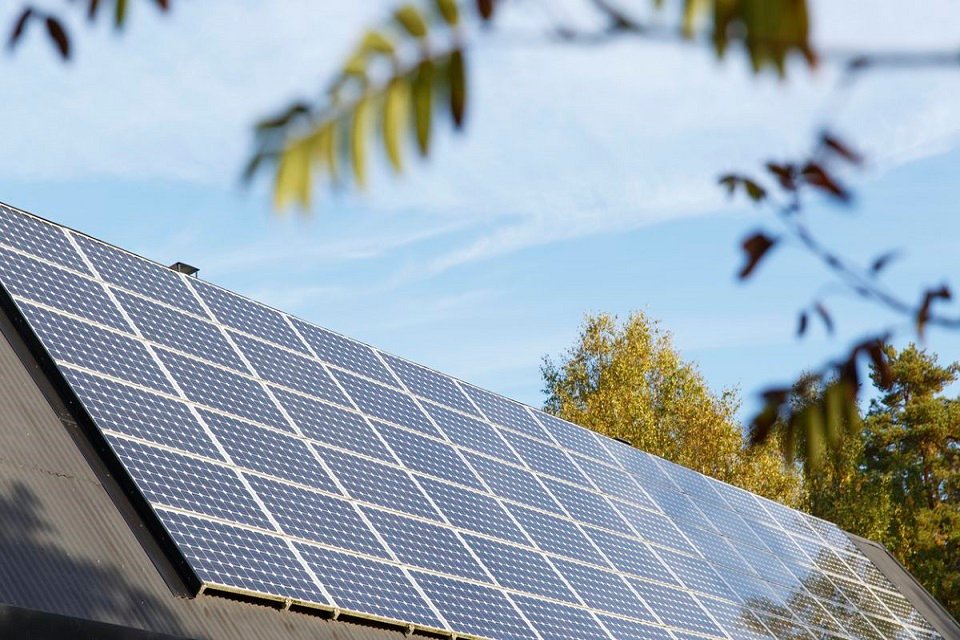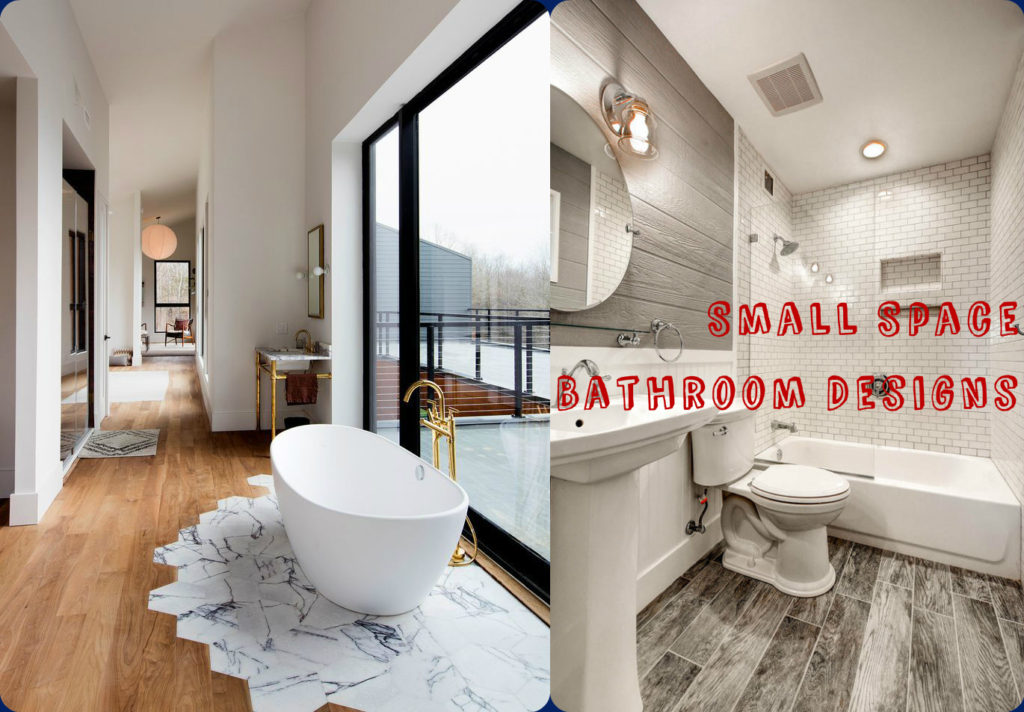Investing in the right solar power system reduces your electricity bills and helps you take steps to save the environment. On the other hand, installing an inappropriate system is an outright waste of money.
For many homeowners without extensive knowledge of solar energy, making the right choice is a daunting task. Luckily, this piece explores the top factors you need to consider before purchasing a reliable solar power system.
Type of Solar Panels
The first step to buying the right solar equipment is identifying the types of panels available to you. For most home applications, you’ll use monocrystalline or polycrystalline panels.
Monocrystalline solar panels have a single silicon crystal in each of their photovoltaic cells. On the other hand, polycrystalline panels have several silicon crystals melded together in each photovoltaic cell. The most noticeable difference between the two is in their colour. Monocrystalline panels are black, while polycrystalline panels are blue.
Regarding efficiency, monocrystalline have a better output per watt than their polycrystalline counterparts. This explains why they’re more expensive.
What is Your Average Daily Consumption?
To calculate the amount of energy you consume daily, you need to consider the number of appliances you own and how much you use them. You can also review your monthly electricity bills to see how much you use on average. For example, a home that uses 50kWh monthly needs a solar power system rated at 10kWh. That said, you can invest in a more extensive array of panels provided your roof has enough space.
Choosing the Right Inverter
An inverter helps convert the direct current from the solar panels into alternating current used by most domestic appliances. String inverters are affordable and the most popular choice among homeowners. However, since they connect your panels in a series, one faulty connection affects the entire system.
Micro-inverters connect your panels in parallel, meaning that your system remains functional, provided at least one panel in the array is in good condition. This way, they make it easier to detect the faulty components in your connection.
Do You Need Batteries?
If you want an off-grid solar system installation, you must invest in batteries. These store the energy generated during the day for use at night. The number and storage capacity of the batteries you need depends on your consumption levels.

Solar Panel Installation
You can choose the DIY route or hire a professional. Select the option that makes you comfortable. It’s advisable to talk to your supplier if you choose to hire pros, as they’re often connected to subcontractors who can do the job at affordable prices.
Another crucial consideration when installing panels is the condition of your roof. Because solar panels can last for up to 25 years, installing them on older roofs that need servicing doesn’t make sense.
Look for Rebates and Incentives
The government is offering rebates and incentives on solar products to encourage homeowners to reduce their carbon footprints. Scour the market for such deals to see if you can reduce the overall cost of installing a solar power system.
Wrapping Up
Solar panels need little maintenance and have a lifespan of 25 years without losing efficiency. Besides reducing your electricity bills, you can make money by selling surplus power if you have a grid-connected system. However, this depends on the capacity of your equipment.


















